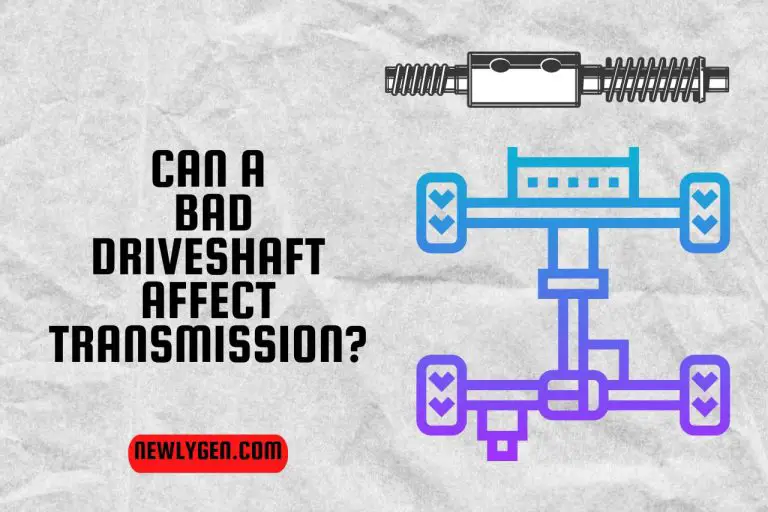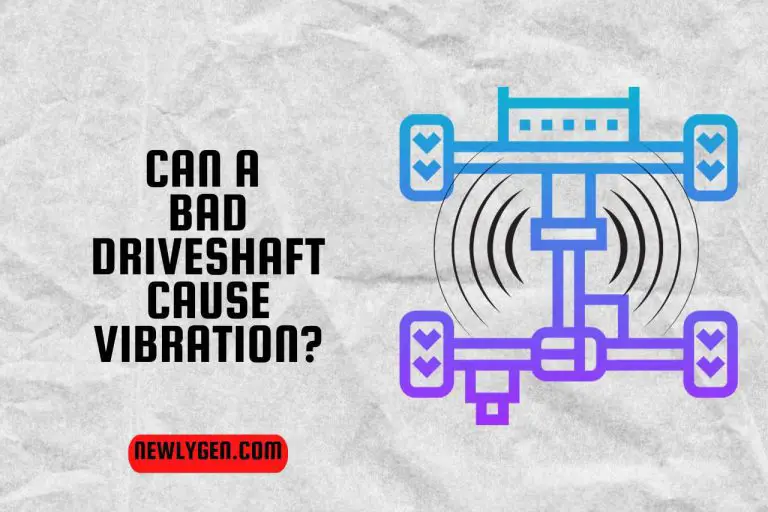Cost to Change Differential Fluid – (DIY vs Professional Services)
Deciphering the true “cost to change differential fluid” isn’t always straightforward. With choices ranging from professional services to DIY endeavors and the array of suppliers in the mix, it’s essential to know where your money goes. This guide offers a clear perspective on what drives the costs, breaks down supplier options, and helps ensure you get the best value for your vehicle’s maintenance. Navigate with confidence and make decisions that are both informed and economical.
How Much does It Cost to Change Differential Fluid?
-
Replacing Differential Oil at the Mechanic
When asking, “How much does it cost to change differential fluid at a mechanic?” it largely hinges on the type of vehicle and your location. On average, having your differential fluid changed by a professional mechanic can cost anywhere between $80 to $250.
- Vehicle Type: Lighter vehicles tend to be on the lower end of the spectrum, while trucks or SUVs, with larger differentials, might cost more.
- Labor Costs: Depending on where you live, labor rates can fluctuate. Urban areas with a higher cost of living might have steeper prices.
- Fluid Quality: Premium-quality differential fluid can increase the total expense, offering better performance and longevity.
- Additional Services: Some mechanics might suggest inspections or complementary services that could increase the total bill.
Remember, investing in regular maintenance with a trusted mechanic can prevent costlier issues in the long run.
-
Replacing Differential Oil DIY
Considering the DIY route to answer the question, “How much does changing differential fluid cost?” typically, you’ll find it’s cheaper. You might spend between $30 to $80, mainly for the fluid and basic tools.
- Fluid Cost: A high-quality differential fluid bottle can cost between $15 to $40, and depending on your vehicle, you might need one or two bottles.
- Tools: While many DIY enthusiasts might already have necessary tools, you may need to purchase or rent some specific ones. For instance, a fluid pump could cost around $10 to $20.
- Time: Although you save money, remember you’re investing your time. Ensure you’re comfortable with the process and have a proper workspace.
- Potential Risks: While DIY can be cost-effective, if not done correctly, it might lead to issues down the road. Always follow a trusted guide or manual.
Opting for DIY can be rewarding and more cost-efficient, but it’s vital to ensure it’s done correctly to maintain vehicle performance.
What Factors Determine the Cost to Change Differential Oil?
The factors determining the cost to change differential oil are varied, encompassing aspects like labor rates, vehicle type, and the quality of the fluid. Let’s delve deeper into these components to understand the intricacies of the pricing structure.
-
Type of Vehicle
- Size Matters: Generally, larger vehicles such as trucks and SUVs have a more extensive differential system. This can mean more fluid is required, pushing up the cost.
- Make and Model: Luxury or rare vehicles might require special differential fluids or specialized care, adding to the price.
-
Labor Costs
- Geographic Location: Just as with most services, prices can fluctuate based on the region or country. Typically, urban areas with a higher cost of living might have elevated mechanic labor rates.
- Mechanic’s Reputation: A well-known, reputed mechanic or service center might charge more for their services due to their expertise and reliability.
-
Quality of Differential Fluid
- Basic vs. Premium: Differential fluids come in various qualities. While basic fluids get the job done, premium fluids, designed for performance or longevity, can cost significantly more.
- Synthetic vs. Conventional: Synthetic differential fluids, engineered to provide superior lubrication and temperature stability, often come at a higher price compared to conventional mineral-based options.
-
Additional Services
- Inspections: Some mechanics offer a complete differential inspection before changing the fluid, identifying potential issues.
- Seal and Gasket Checks: Replacing old or worn-out seals during a differential fluid change can add to the cost but ensures no leaks in the future.
-
Equipment and Tools
- Standard vs. Specialized: While many fluid changes use basic tools, specific vehicle models might necessitate specialized equipment, influencing the total cost.
-
DIY vs Professional Service
- Initial Investments: If you’re considering a DIY approach, there could be initial investments in tools or equipment.
- Cost of Mistakes: A DIY attempt can be more affordable, but mistakes might end up being costlier in the long run if they lead to damage or the need for repairs.



Different Types of Suppliers and Their Cost to Replace Differential Oil
The variety of suppliers for differential oil and their associated costs can be quite diverse. Here’s a deeper look at these providers:
-
Authorized Dealerships
- Overview: These are vehicle-brand specific service centers, offering parts and services tailored for a particular brand.
- Cost Implication: Typically, they tend to be on the pricier side. This is due to the genuine parts, specialized tools, and brand-certified technicians they employ.
- When to Consider: If you want a service strictly adhering to your vehicle’s specifications and are willing to pay a premium.
-
Independent Auto Mechanic Shops
- Overview: These are local garage setups, catering to a broad range of vehicle brands and models.
- Cost Implication: They generally offer competitive pricing compared to dealerships, but the cost can vary based on the mechanic’s expertise and reputation.
- When to Consider: If you’re looking for a cost-effective solution and have a trusted mechanic.
-
Automotive Chain Stores
- Overview: Think of businesses like Jiffy Lube or AutoZone. These national or regional chains offer standardized services across various locations.
- Cost Implication: Prices are often mid-range, sometimes having special promotions or loyalty discounts.
- When to Consider: If you desire a balance between cost and reliable service.
-
Online Suppliers
- Overview: Websites selling auto parts, including differential oil, directly to consumers.
- Cost Implication: Typically, the product cost is lower. However, unless you’re going the DIY route, you’d need to factor in the mechanic’s labor separately.
- When to Consider: If you’re comfortable purchasing online and have arrangements for the oil change.
You May Also Like
- Can Bad Differential Fluid Cause Vibration? Unveiling the Truth!!!
- Can you Overfill Differential Fluid? Understanding the Basics!
- How to Replace Rear Differential Fluid? Mastering Vehicle Maintenance!
- How Often to Change Differential Fluid? Understanding Your Car!
- Is Differential Fluid Flammable? Unmasking Myths!
- Does Differential Fluid Need to be Changed? Ensuring Your Car’s Health!
- What Color is Differential Fluid? Decoding the Shades!
- What does Differential Fluid Smell Like? Unraveling the Mystery!




![Why Does My Trunk Keep Popping Open? [SOLVED]](https://newlygen.com/wp-content/uploads/2022/11/Why-Does-My-Trunk-Keep-Popping-Open-768x512.jpg)


